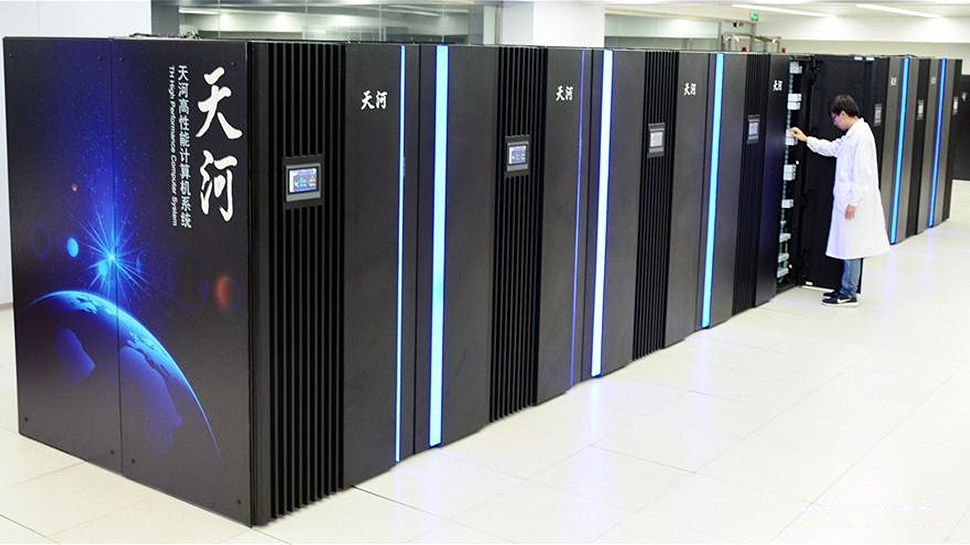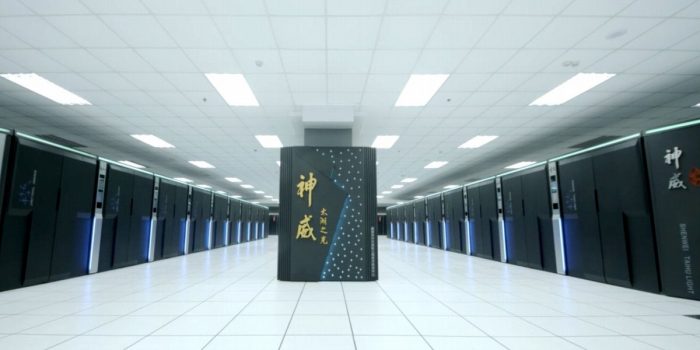China could have crossed the exascale barrier twice already.
According to The Next Platform, the country is secretly running the world’s two most powerful supercomputers and is the first to run systems capable of more than one exaflop (1018 floating-point operations per second).
According to rumours, some Chinese supercomputing institutions have built machines that have already crossed the historic exascale barrier in closed-door testing.

Citing an anonymous source, The Next Platform claim that the Sunway “Oceanlite” supercomputer is housed in The National Supercomputing Center in Wuxi. This system succeeds the Sunway TaihuLight, China’s official most powerful supercomputer.
In March, China tested Oceanlite against the Linpack, and it achieved 1.3 exaflops peak performance, 1.05 sustained performance, and power consumption of 35MW. If true, it would be the first time a single supercomputer, let alone two, has reached the exascale level.

Exascale computers, often known as exaflops, can do billions of calculations per second. This goal had never been officially achieved by any system. Even though Top500 has ranked big systems twice a year, it is unknown why China has not yet publicly revealed the big news.
But why would they want it to remain a secret? China and the United States have always had a cold relationship when it comes to technological innovation. Not to mention China’s latest hypersonic missile test, which they’ve now denied, claiming it was just a spacecraft experiment.

Therefore, China may have mastered exascale computing, but owing to the country’s unstable political scenario, it prefers to keep its achievements covert. According to TNP, the government chose to leak the news to avoid publicising test results in case the US supercomputer “Frontier” surpasses them once it is revealed. But, of course, it’s possible that it’s all nonsense and that the country hasn’t yet attained exascale.
Either way, the prospect of China achieving exascale computing is intriguing — albeit you should take it with a grain of salt for now.


